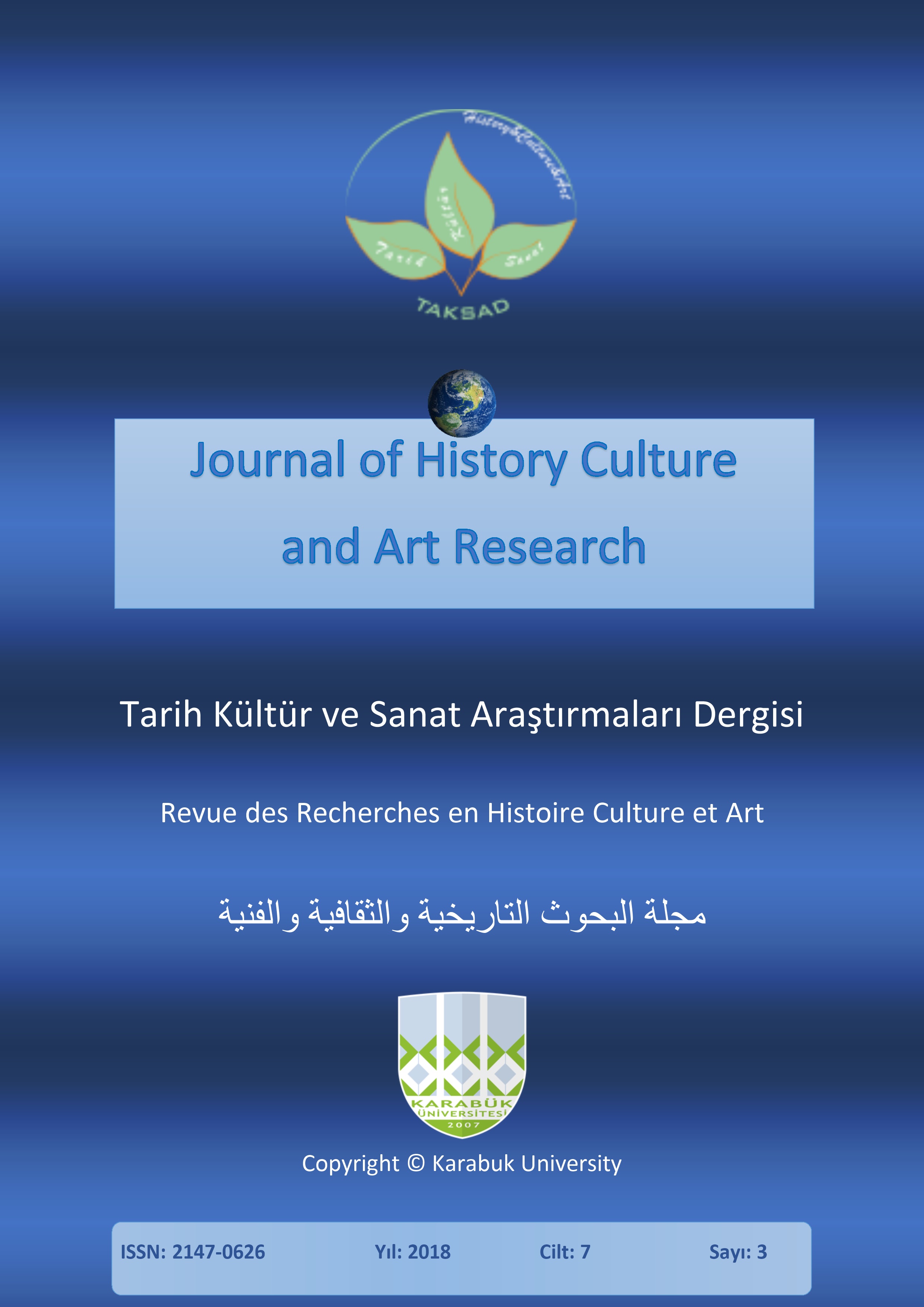National Mentality: Does It Influence a Language Grammar?
DOI:
https://doi.org/10.7596/taksad.v7i3.1656Keywords:
National mentality, Grammar, Concept, Grammar competence, Intercultural communication.Abstract
The article shows connection between the national mentality and the formation of grammar on the example of the French, Kazakh, Russian and English languages. It highlights the usage of copular verbs and modality in the first pair of languages, and word order, imperative mood and impersonal sentences in the second. The analysis shows that while teaching grammar of a foreign language, it is essential to combine it with cultural information and to compare two cultures at that point. Such cultural dialogue will ease the conception of the foreign language grammar phenomena and help form grammar competence – one of the means of intercultural communication – assuming the ability of a linguistic persona to elicit, understand and interpret the concepts formed by grammar tools of a foreign language.
References
Boas, F. (ed.) (1938). General anthropology. New York.
Byram, M. (1997). Foreign Language Education and Cultural Studies. Language, Culture and Curriculum, 1, 15-31
Humboldt, W. V. (1984). Selectas on Linguistics. Мoscow: Progress.
Kaftailova, N. (2010). Formation of grammar competence as a means of intercultural communication. Thesis. Moscow.
Maysak, T. (2005). Classification of motion and position verbs grammaticalization. Moscow.
Melnikova, A. (2003). Language and national character: a connection between language structure and mentality. St. Petersburg: Rech.
Neuner, G. (1997). The role of Sociocultural Competence in Foreign Language Teaching and Learning. Language Teaching, 29.
Radbil, T. (2010). Basics of language mentality. Moscow: Flinta.
Sercu, L. (2002). Autonomous Learning and Acquisition of Intercultural Communicative Competence: Some Implications for Course Development. Language, Culture and Curriculum. 15(1).
Smirnitskii, A. (1955). Perfect and the category of time reference. Perfect forms. Perfect meaning. Foreign languages at school (1).
Tarlanov, Z. (1999). Formation of the Russian sentence typology in respect of ethnophilosophy. Petrozavodsk: Petrozavodsk state university.
Ter-Minasova, S. G. (2000). Language and cross-cultural communication. Educational manual. Moscow: Flinta.
Wierzbicka, A. (1992). Semantics, Culture, and Cognition: Universal Human Concepts in Culture-Specific Configurations. Oxford: Oxford University Press.
Wierzbicka, A. (1996). Language. Culture. Cognition. Moscow: Russkiye slovari.
Downloads
Published
How to Cite
Issue
Section
License
All papers licensed under Creative Commons 4.0 CC-BY.- Share — copy and redistribute the material in any medium or format
- Adapt — remix, transform, and build upon the material for any purpose, even commercially.
Under the following terms:
Attribution — You must give appropriate credit, provide a link to the license, and indicate if changes were made. You may do so in any reasonable manner, but not in any way that suggests the licensor endorses you or your use.
- No additional restrictions — You may not apply legal terms or technological measures that legally restrict others from doing anything the license permits.







